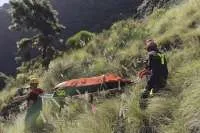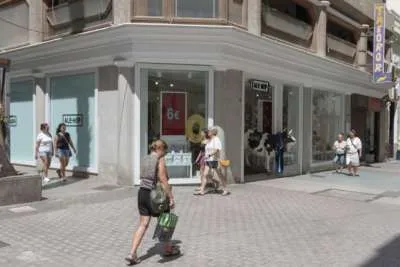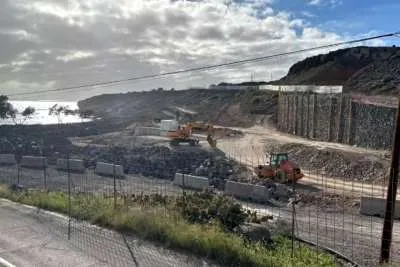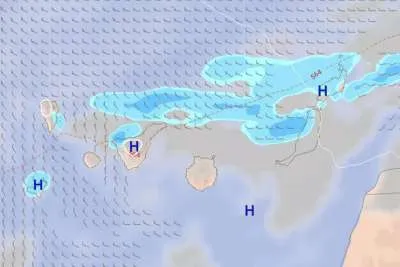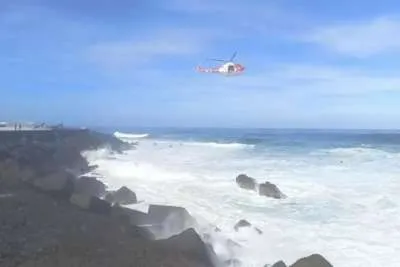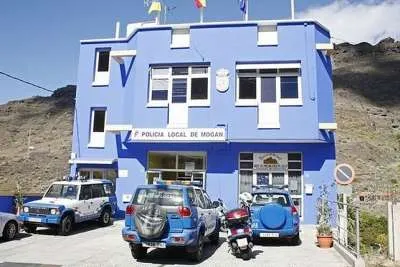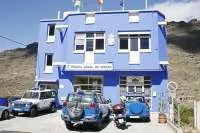Canary Islands minister open to Tourist Tax – but says exempting locals may be impossible
- 15-06-2025
- National
- Gobierno de Canarias
- Photo Credit: El Diario
A senior minister in the Canary Islands government has said it is worth exploring the possibility of introducing a tourist overnight stay tax, but warned it may be “very difficult” to exempt residents of the islands.
Speaking in the regional parliament on Friday, Matilde Asián, the Minister for Budgets and Finance, said she was open to considering the so-called “tourist tax” if a system could be found to exclude Canarian residents from paying it. However, she admitted she does not believe such a solution currently exists.
Her comments came in response to Socialist Party (PSOE) deputy Manuel Hernández Cerezo, who called for the tax to be introduced as a means of more fairly distributing the economic benefits generated by the islands’ booming tourism sector.
“If such a tax were to be applied, it would be very unfair for residents to pay it,” Asián told the committee. She described the challenge of finding a fair model as a "real political and technical challenge".
The idea of a tourist tax has long divided opinion in the Canary Islands, with regional president Fernando Clavijo strongly opposed to the measure. Clavijo has instead proposed increasing the Canary Islands General Indirect Tax (IGIC) on tourism-related activities, a levy that contributes directly to regional, island and local government budgets.
Asián acknowledged that tourism continues to drive strong economic growth in the archipelago, outpacing both the Spanish mainland and much of Europe. However, she admitted that this growth is not necessarily being felt by the local population. “Residents are not experiencing this growth in terms of improved well-being,” she said.
As a more effective alternative to a tourist tax, Asián argued that the best way to redistribute wealth is through wage increases. She expressed hope that a deal could be reached between tourism employers and unions in the province of Santa Cruz de Tenerife, similar to the agreement recently struck in Las Palmas de Gran Canaria.
She also encouraged local councils and island authorities to explore the wider introduction of access fees for natural parks and protected sites, a measure already adopted in some areas of the Canaries.
In response, PSOE’s Hernández Cerezo criticised the regional government for rejecting his party’s proposals, including the tourist tax, and for ignoring public demands expressed during recent protests and strikes.
He accused the government of doing little to ensure that the profits of the tourism sector benefit local communities. "The response to all of this has been inaction, or, at best, action for the usual few," Hernández Cerezo said.
He also dismissed access fees for natural spaces as insufficient, arguing that the revenues are used to maintain those environments, not to improve people’s standard of living.
Other articles that may interest you...
Trending
Most Read Articles
Featured Videos
TributoFest: Michael Buble promo 14.02.2026
- 30-01-2026
TEAs 2025 Highlights
- 17-11-2025






